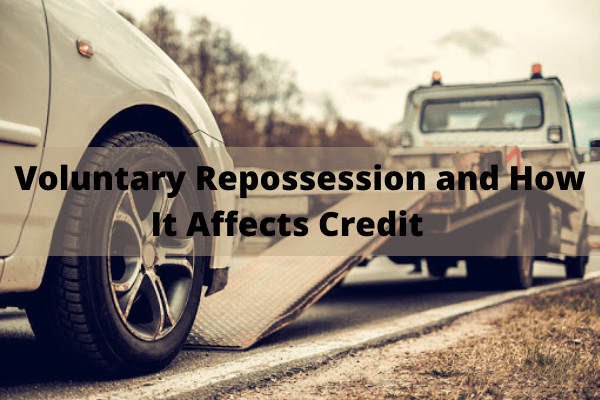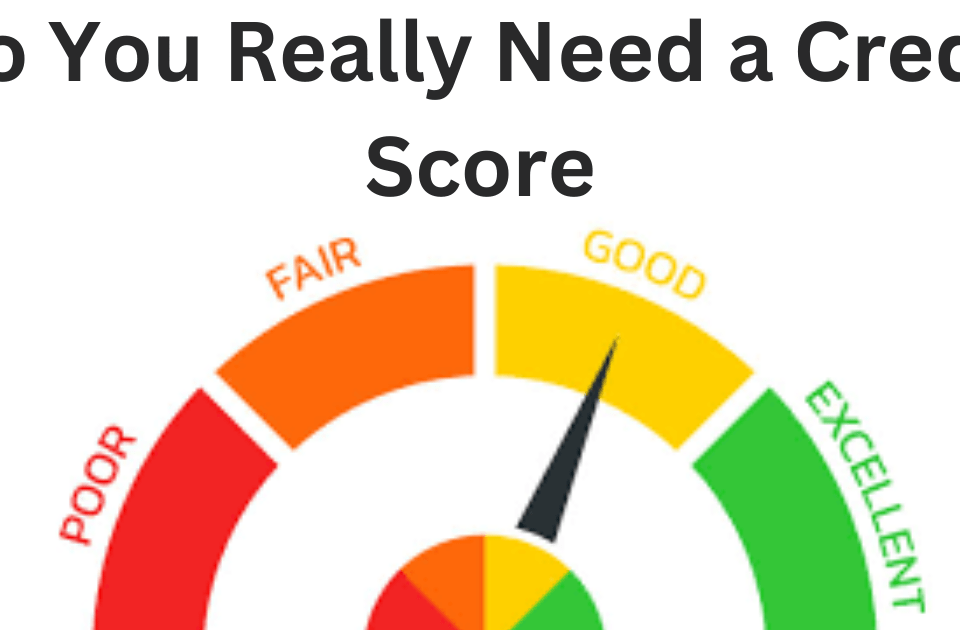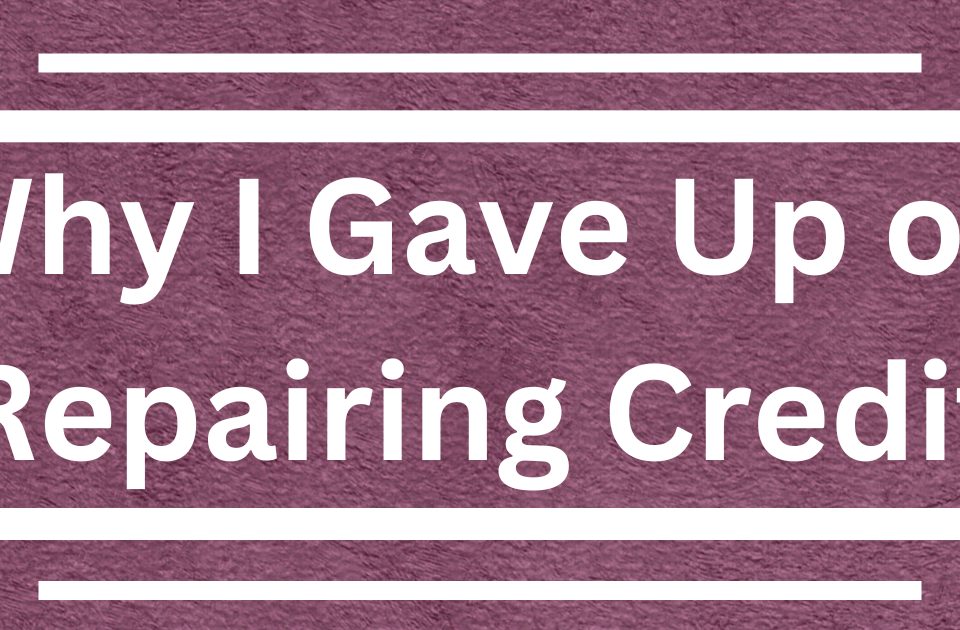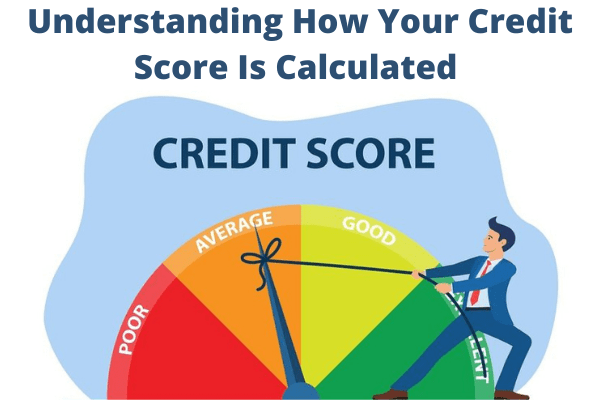Voluntary Repossession and How It Affects Credit
If paying your car is no longer within your means, the next best option you have is voluntary repossession so you can finally free yourself of your car loan.
However, there can be some serious consequences on your finances if you just return your vehicle to the lender, such as your credit taking a significant hit and your account getting into collections.
Voluntary Repossession – What is It?
Also known as voluntary surrender, voluntary repossession means that you will give your car back to the lender since are no longer able to meet your loan agreement’s terms.
Voluntary repossession is considered the immediate alternative to repossession wherein the lender seizes the vehicle when your loan gets in default based on your car loan agreement.
It can be very emotional to experience repossession since the lender can knock on your door any time to take your car without informing you in advance.
How Voluntary Repossession Works?
The very first step is letting your lender know that it is no longer possible for you to make payments and you want to willingly surrender the car. You can then set up a location and time to give back the vehicle and surrender its keys.
Take note of the contact information, location, and date of the person whom you left the vehicle with. Such information can come in handy in the event that your lender raises some questions in the near future.
Effects of Voluntary Repossession on Your Finances
A voluntary repossession won’t really eliminate all of your financial responsibilities. The truth is that there are several ways for it to affect your finances:
- This will appear on your credit reports.
Voluntary repossession together with any court judgments or collections that result from it may stay on your credit reports as a form of derogatory mark for up to 7 years. Experian, one of the three major credit bureaus, states that your credit report is going to indicate voluntary surrender and not repossession that may somewhat cause a bit less hit to your credit.
- You might still owe money to your lender.
Your lender may try selling the car to make up as much as possible of the loan’s remaining balance. It will be your responsibility to pay any balance following the sale together with other fees such as prepayment or late-payment fees.
If you fail to pay, it can get your account turned over to the collection agency that will appear on your credit history. Your lender might even take you to the court that might result to part of your income going to your lender in order to pay back the rest of the balance you owe.
- It can have an effect on your ability to apply for a loan in the near future.
Voluntary repossession’s negative effect on your credit might make it harder for you to get or apply for a loan in the near future. And even if you managed to be approved, it is possible that they will charge you a higher interest rate because of the high risk that you will default on your loan.






